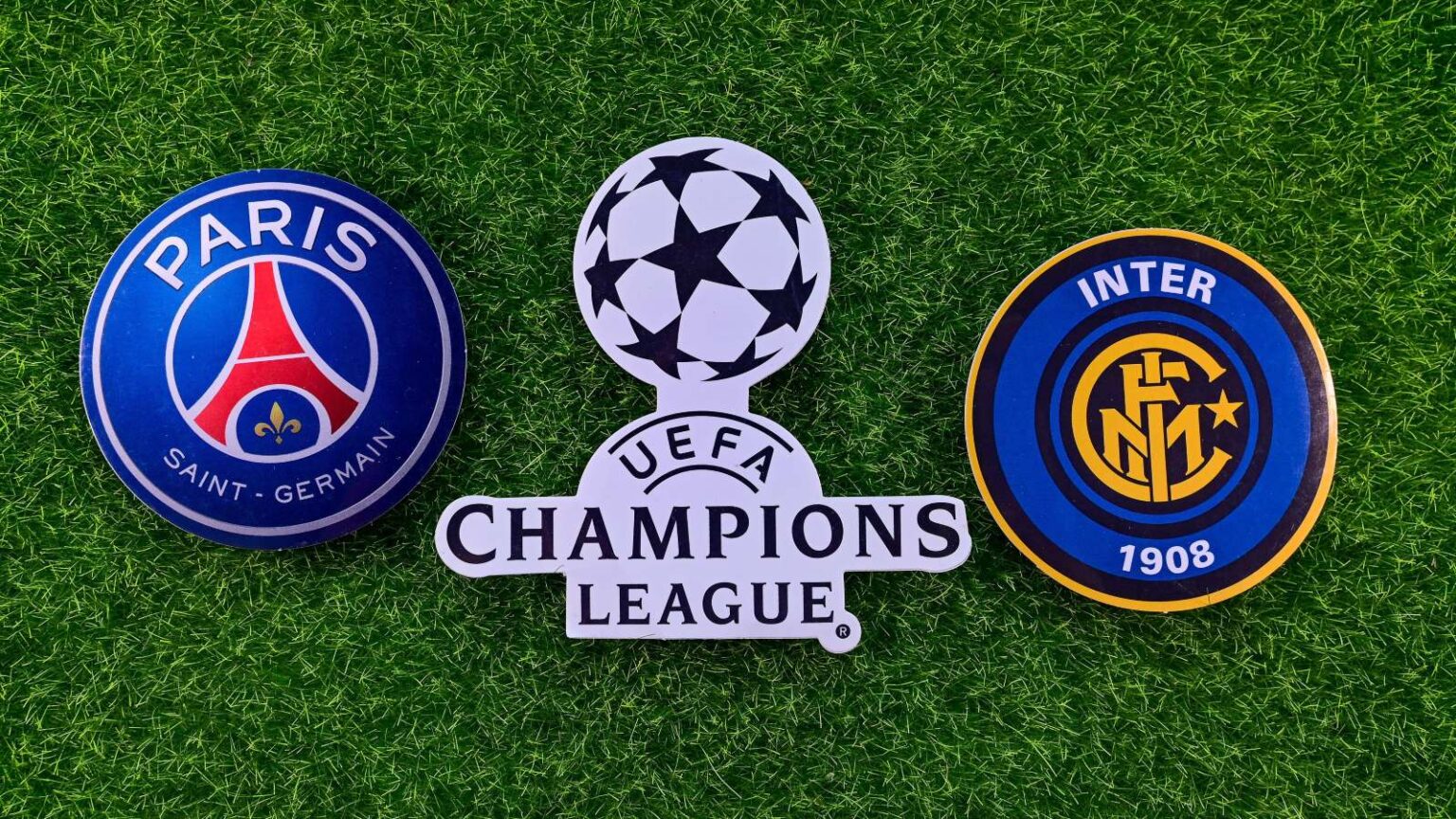Understanding the Path to Champions League Qualification and Sustainability in European Football
As the 2024/25 Premier League season concluded, the focus shifted from mere league standings to the broader implications of European qualification and the evolving standards that clubs must meet to compete on the continent. With the relegation battles settled and the champions crowned, attention turned to which teams would secure spots in the prestigious Champions League and how they would meet the stringent criteria set by UEFA.
European Qualification: More Than Just a Spot in the Tournament
Securing a place in the Champions League is a significant achievement, but it is merely the first step toward competing at Europe’s highest level. Clubs must navigate a complex set of regulations and requirements to obtain the necessary licenses. For instance, the top finishers-such as Liverpool, Tottenham, Arsenal, Manchester City, and Newcastle-earned their tickets through consistent performance, but their participation hinges on compliance with UEFA’s standards.
Financial Fair Play and Club Financial Regulations
One of the core prerequisites is adherence to UEFA’s Financial Sustainability Laws, formerly known as Financial Fair Play (FFP). Introduced in 2022, these rules limit clubs’ losses to €60 million over a three-year period, with allowances up to €90 million if owners cover deficits through equity injections. The aim is to promote financial stability and prevent reckless spending that could destabilize the sport.
Additionally, clubs must settle all outstanding debts to other teams, staff, and tax authorities before receiving licensing approval. Spending on wages, transfer fees, and agents’ commissions is also capped at 70% of revenue, ensuring clubs operate within their means and avoid financial crises.
Infrastructure and Staffing Standards
Beyond finances, UEFA mandates that clubs possess stadiums and training facilities that meet specific standards. Clubs lacking suitable infrastructure risk license denial. Moreover, they must employ qualified personnel in critical roles, including head coaches, financial officers, and general managers, to ensure professional management and operational integrity.
Sports-specific criteria also include youth development programs and comprehensive medical support systems, emphasizing the holistic approach UEFA advocates for in club management.
Environmental Sustainability Initiatives in European Football
In recent years, UEFA has taken proactive steps to embed sustainability into the fabric of European football. All clubs participating in UEFA competitions are now required to produce sustainability reports and set clear environmental targets. To facilitate this, UEFA developed a carbon footprint calculator, enabling clubs to assess and monitor their ecological impact effectively.
Each club is also mandated to appoint an environmental sustainability officer responsible for implementing greener practices across operations. These measures align with UEFA’s ambitious goal of achieving net-zero carbon emissions by 2040, with a 50% reduction targeted by 2030.
Operational Sustainability and Eco-Friendly Practices
UEFA’s headquarters in Nyon exemplifies their commitment, operating predominantly on renewable energy and featuring electric vehicle charging stations. During Euro 2024, the organization showcased their environmental ambitions by achieving zero landfill waste, encouraging public transport use-81% of ticket holders relied on it-and reducing air travel by 75% compared to Euro 2016.
However, as the Champions League expands, so do its environmental challenges. The move to a 36-team group stage for the 2024/25 season is projected to generate an additional 112,000 tonnes of CO₂ annually, primarily due to increased air travel-over 500 million miles flown in a single season.
Strategies for a Greener Future in European Football
To mitigate these impacts, UEFA could consider regionalizing the group stage, clustering teams geographically to cut down on travel distances and emissions. Such a move would not only reduce carbon footprints but also make travel more sustainable and cost-effective for clubs and fans alike.
Furthermore, making sustainability reporting a mandatory requirement rather than a recommendation could drive more clubs to adopt eco-friendly practices. Incentives such as financial rewards or preferential tournament seeding could motivate clubs to prioritize sustainability, similar to how fair play rankings encourage sportsmanship and discipline on the pitch.
Implementing these measures would reinforce UEFA’s leadership role in promoting environmental responsibility within professional sports, setting a precedent for other organizations to follow.
The Future of European Club Football and Environmental Responsibility
As giants like Paris Saint-Germain and Inter Milan prepare for upcoming high-profile fixtures, the financial and logistical stakes are higher than ever. The lucrative nature of the Champions League-both in terms of revenue and global exposure-drives clubs to extraordinary lengths to participate. Integrating sustainability standards into this framework could be a game-changer, balancing commercial success with ecological responsibility.
While challenges remain, embracing comprehensive environmental policies offers the potential for profound, long-term benefits for the sport and the planet. The evolution of UEFA’s sustainability initiatives signals a promising shift toward greener, more responsible European football.
Interested in supporting your club’s sustainability efforts? Visit Pledgeball.org to learn how you can contribute to making football more environmentally friendly and help your team climb the green rankings.

